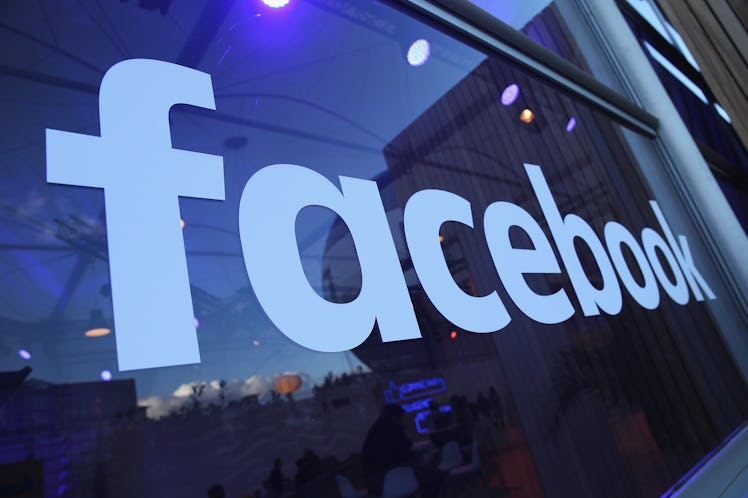
Facebook Admitted To "Scanning" Private Messages & Explained Why They Do It
Slowly but surely, Facebook continues to reveal more about just how much privacy it does and does not afford its users. The most recent revelation from founder and CEO Mark Zuckerberg went a long way in answering one question: Does Facebook see private messages? During a recent interview, Zuckerberg implied so.
UPDATE: A Messenger spokesperson tells Elite Daily, "Keeping your messages private is the priority for us, we protect the community with automated systems that detect things like known images of child exploitation and malware. This is not done by humans."
EARLIER: In a conversation with Vox editor-in-chief Ezra Klein, Zuckerberg shared a story about Facebook's efforts to cater to users all over the world, and be attentive to the dynamics of different communities. To lay out an example, Zuckerberg singled out Myanmar, where a majority-Buddhist state is suspected of committing genocide on a Muslim population.
I remember, one Saturday morning, I got a phone call and we detected that people were trying to spread sensational messages through — it was Facebook Messenger in this case — to each side of the conflict, basically telling the Muslims, 'Hey, there’s about to be an uprising of the Buddhists, so make sure that you are armed and go to this place.' And then the same thing on the other side. So that’s the kind of thing where I think it is clear that people were trying to use our tools in order to incite real harm. Now, in that case, our systems detect that that’s going on. We stop those messages from going through. But this is certainly something that we’re paying a lot of attention to.
The anecdote Zuckerberg shared stood out for obvious reasons. If Facebook "detected" messages sent by people in Myanmar, then what else does it detect? Does the company look at every message that comes through its messenger app?
Those are the types of questions that Zuckerberg's interview prompted, and the company would eventually respond. According to Bloomberg in an article published on April 4, Facebook "scans" links and images sent in private messages on its messenger app to ensure that the content meets Facebook's community standards. Bloomberg also reported that Facebook reads chats that are flagged, in which case the company can review the content and have it removed if deems the content to have broken certain rules.
“For example, on Messenger, when you send a photo, our automated systems scan it using photo matching technology to detect known child exploitation imagery or when you send a link, we scan it for malware or viruses,” a Facebook Messenger spokeswoman told Bloomberg. “Facebook designed these automated tools so we can rapidly stop abusive behavior on our platform.” Elite Daily also reached out to Facebook for comment, but did not hear back at time of publication.
This latest revelations comes at a time that story upon story continues to be written about Facebook, all revolving around one question: Just how much private data does Facebook have access to?
There have been clear signs that the company feels the pressure to answer.
In March, Facebook confirmed that Zuckerberg would head to Capitol Hill to meet before Congress. The announcement came shortly after Senate Judiciary Committee chairman Chuck Grassley scheduled a hearing on data privacy, for which he invited Zuckerberg and the CEOs of Google and Twitter. Reports have since confirmed the exact date of Zuckerberg's testimony.
He will visit Congress for two days — between Tuesday, April 10, and Wednesday, April 11. During that time, he'll participate in two hearings, one joint session before the Senate Judiciary Committee and the Senate Commerce Committee, and another before the House Commerce Committee.
In addition to Zuckerberg's upcoming public testimony, Facebook has proclaimed efforts to make its privacy policies "clearer."
"It’s important to show people in black and white how our products work – it’s one of the ways people can make informed decisions about their privacy," the company said, in a blog post published on Wednesday, April 4. "So we’re proposing updates to our terms of service that include our commitments to everyone using Facebook. We explain the services we offer in language that’s easier to read. We’re also updating our data policy to better spell out what data we collect and how we use it in Facebook, Instagram, Messenger and other products."
In the meantime, users are sure to continue scrambling for ways to alter their own privacy settings, instead of waiting for Zuckerberg to spell it out for them in another interview.